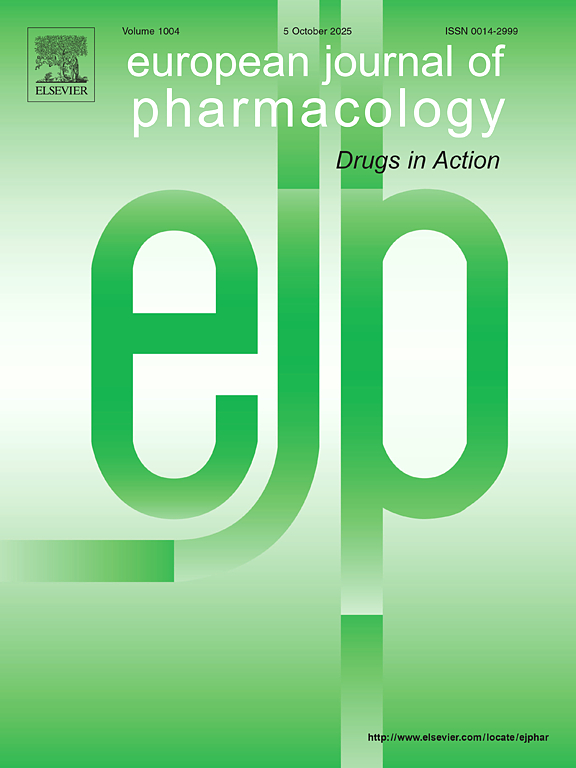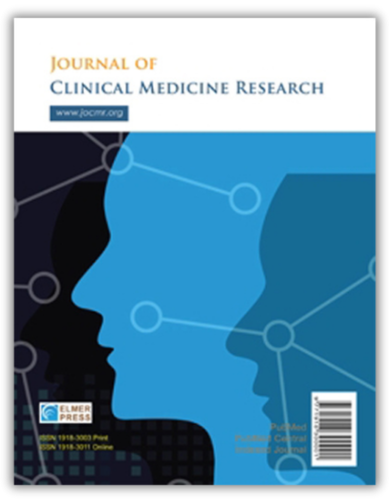
Dear RW readers, can you spare $25?
The week at Retraction Watch featured:
- Cardiology researcher in Italy up to 17 retractions, most for duplication
- Authors asked Elsevier to retract papers in 2012. In the case of one paper, they’re still waiting
- Hive mindfulness: Sleuths’ advice leads to retraction of paper on social connection
- Top education researcher goes to court over plagiarism claims, university review
- PLOS One slaps four papers with expressions of concern for overlapping control data
Our list of retracted or withdrawn COVID-19 papers is up past 500. There are more than 60,000 retractions in The Retraction Watch Database — which is now part of Crossref. The Retraction Watch Hijacked Journal Checker now contains more than 300 titles. And have you seen our leaderboard of authors with the most retractions lately — or our list of top 10 most highly cited retracted papers? What about The Retraction Watch Mass Resignations List?
Here’s what was happening elsewhere (some of these items may be paywalled, metered access, or require free registration to read):
Continue reading Weekend reads: ChatGPT ignores retractions; the ‘Swiss Cheese Model’ for flagging papers; plagiarism in the age of AI





